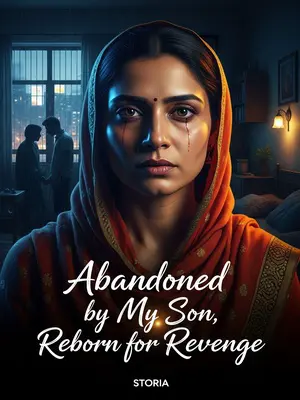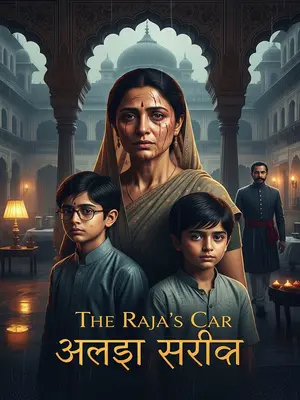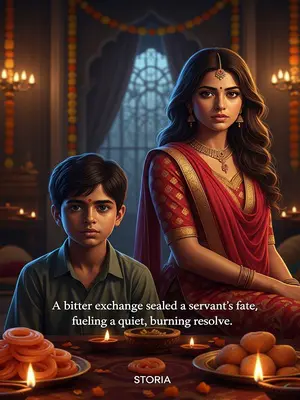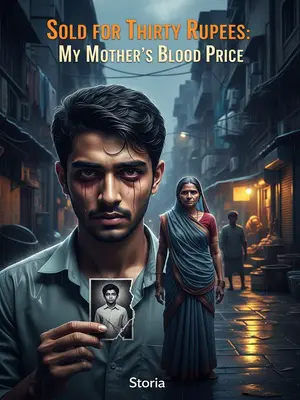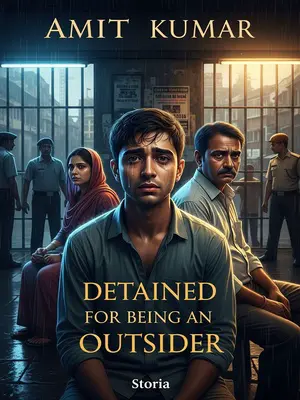Chapter 5: Jugaad and Justice
My rage was volcanic. For a moment, I leaned against the wall, the world spinning. I heard my mother’s voice in my head: “Beta, never let anyone walk over you.”
Rajeev’s wife shielded Amit, glaring at me like I was the villain. Rajeev jabbed his finger at my face, spit flying. “Don’t touch my son!”
If murder wasn’t illegal, I might have done it then and there.
Seeing my anger, Rajeev changed tack. “Look, bhai, my son’s been in school a year. RTE law says you can’t kick him out. I’ll give you two lakh, chalo, let’s finish it.”
Two lakh rupees. Like our dreams were worth the price of a second-hand car.
I almost laughed. “You’re dreaming.”
Rajeev’s face darkened. “What, you want five lakh?” His wife spat, “You look decent but you’re just here to scam us.”
Before I could answer, they slammed the door. Their laughter echoed behind me—louder than the lock turning.
I stood there for a while, listening to a pressure cooker whistle from another flat, life carrying on. I was alone, burning.
But if the law wouldn’t help, I would use the system itself. If Amit Sharma was on my ration card, then by law, I was his guardian. In India, rules are flexible—if you know which strings to pull. Jugaad is our birthright.
I went to the ration card office the next morning, printed a new card with Amit Sharma listed as my ward. The lady at the counter handed it over without a second glance, her WhatsApp pinging with a sticker of a dancing peacock.
From that moment, I was Amit Sharma’s legal guardian. If a guardian wanted to transfer his ward to a remote hill school, who could object?
Sometimes, justice isn’t about the law. It’s about making sure the other side never sleeps easy again. Bas, ab dekhte hain kaun jeetega.

